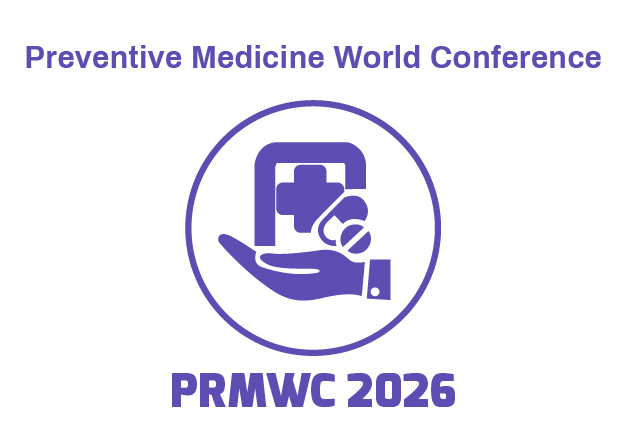Scientific Sessions
Preventive Oncology
Preventive medicine is important in oncology, focusing on early detection, risk assessment, and cancer prevention. Primary strategies include routine screening, genetic testing, lifestyle changes (such as quitting smoking and maintaining a healthy diet), and vaccinations such as the HPV vaccine. Through cancer risk, on top of encouraging early diagnosis and preventive actions, these measures significantly improve survival rates and help reduce the overall burden of cancer.
The Preventive Medicine World Congress (PRMWC) is a forum for cancer experts to discuss the latest advances in cancer prevention. The seminar covers topics such as cancer screening, early detection methods, and effective preventive measures to reduce the risk of cancer. It provides insight into how combining chemo-preventive medicine can improve oncology care and improve long-term patient outcomes.

